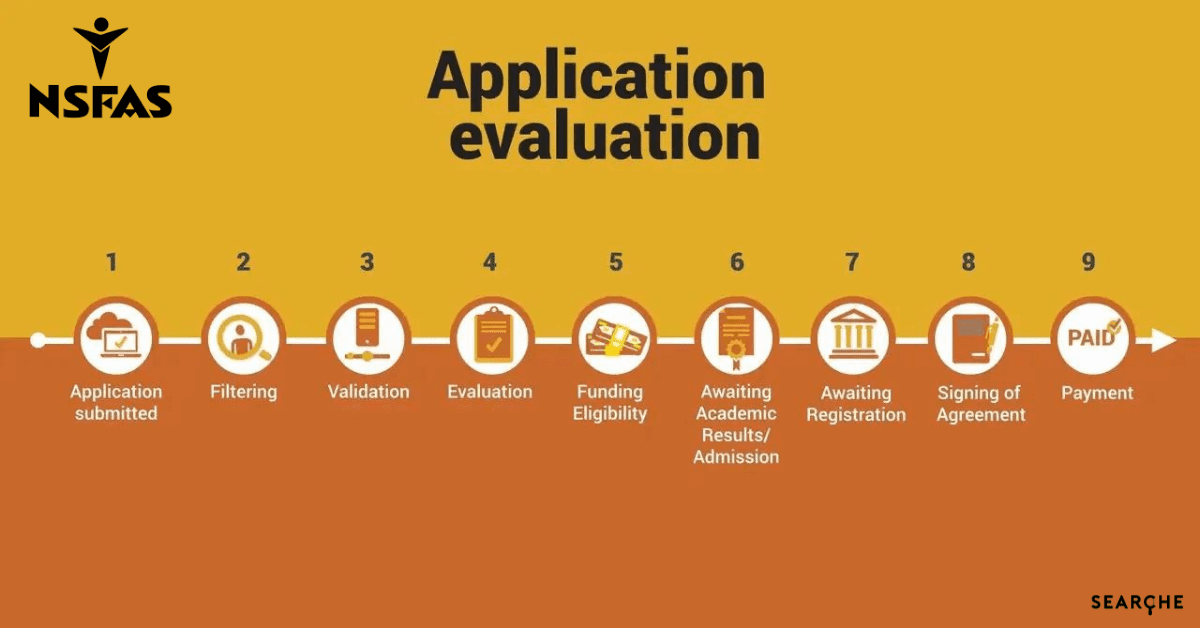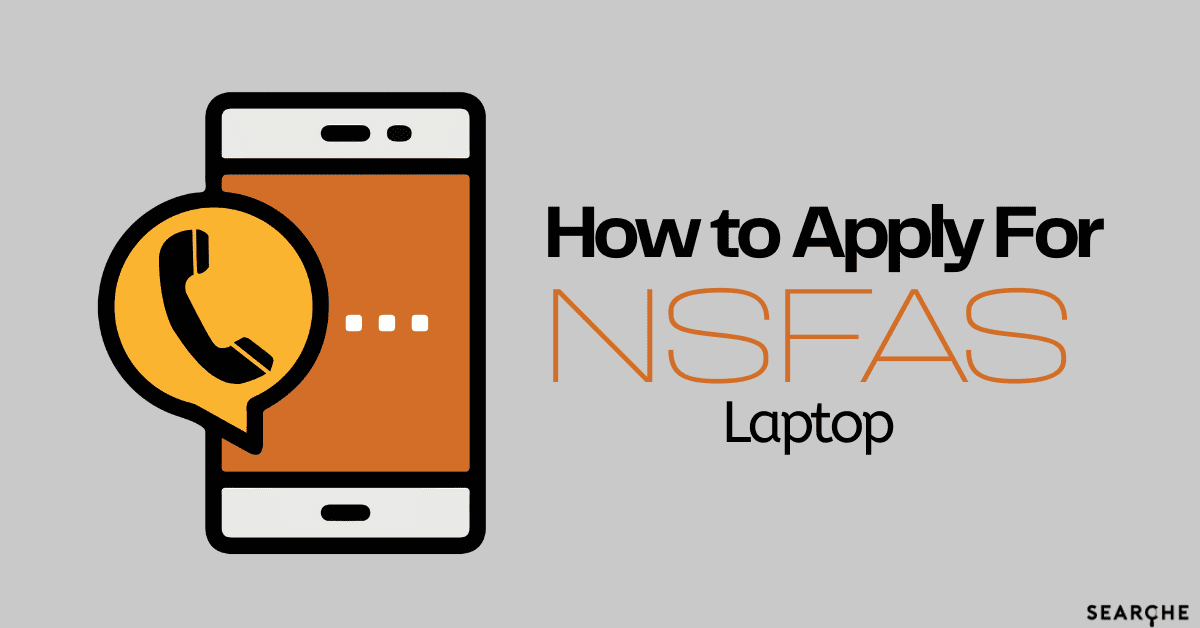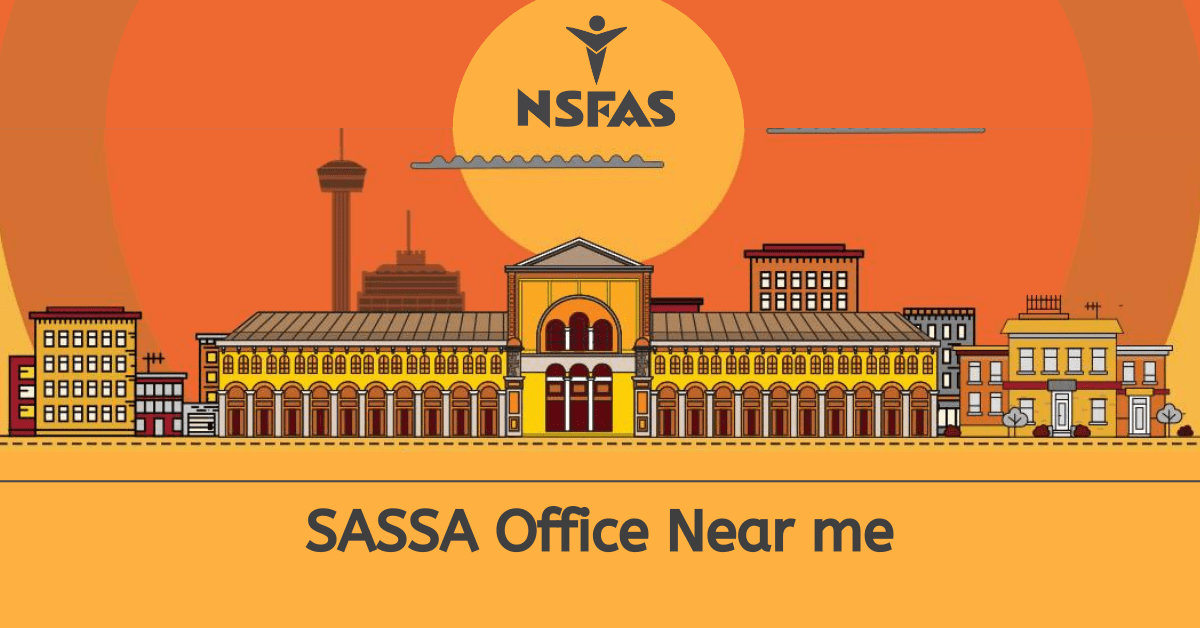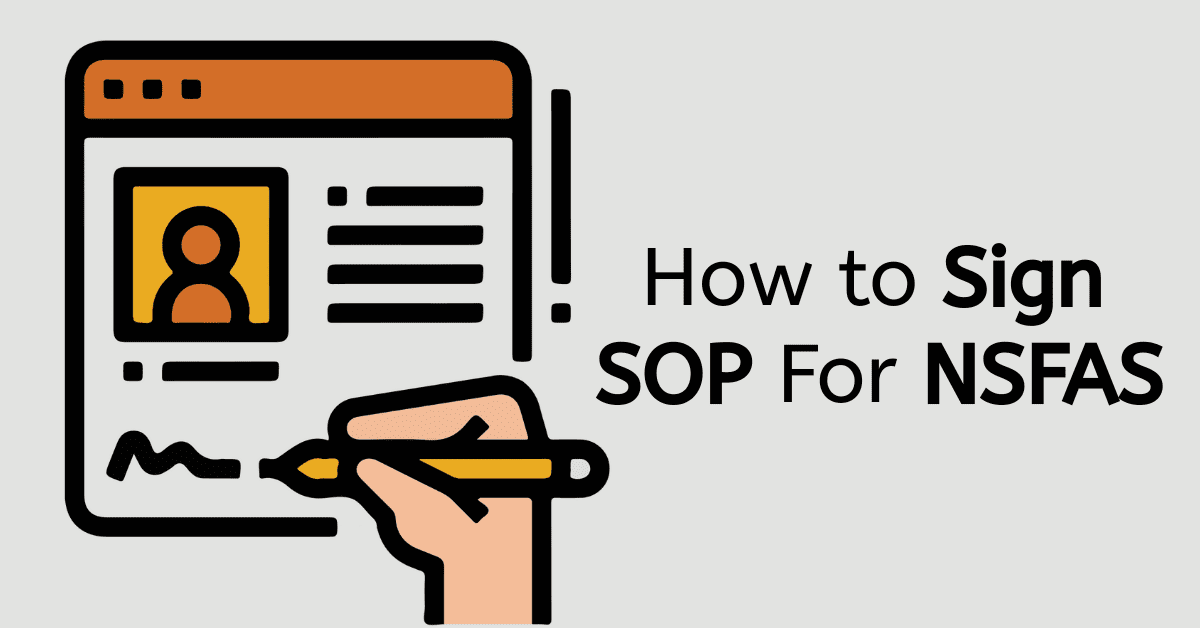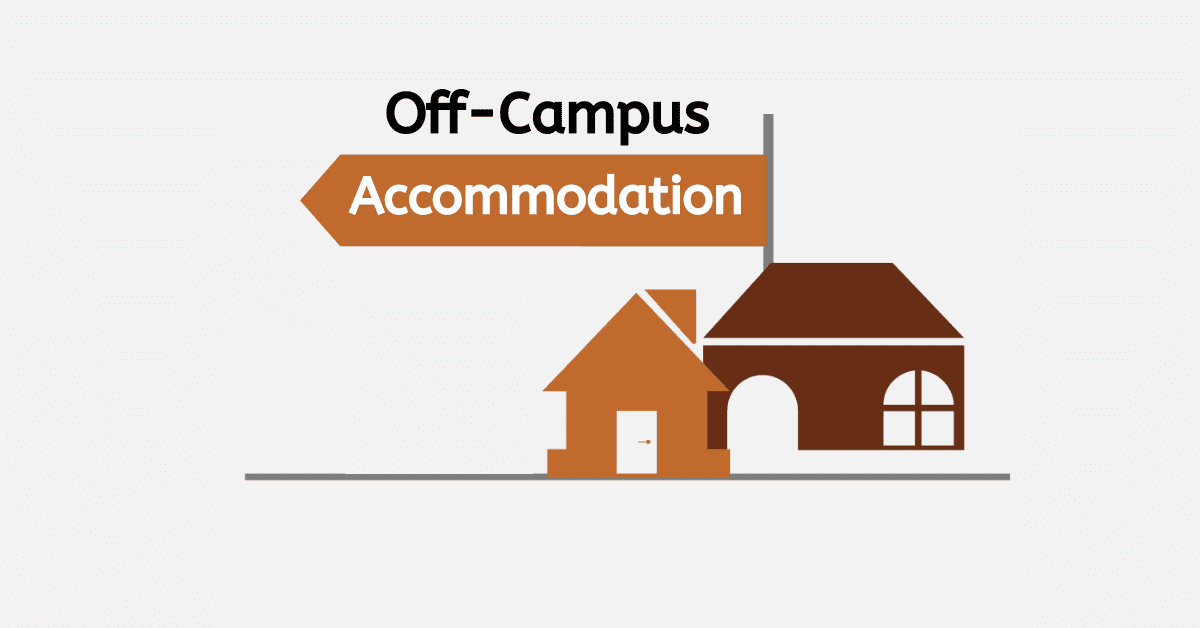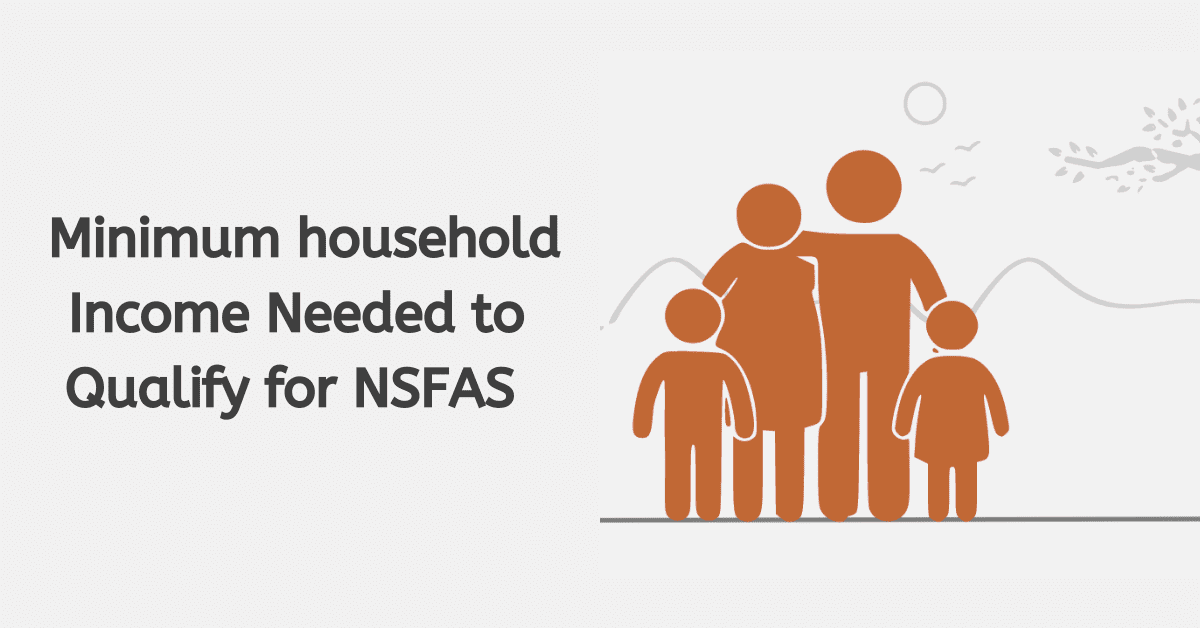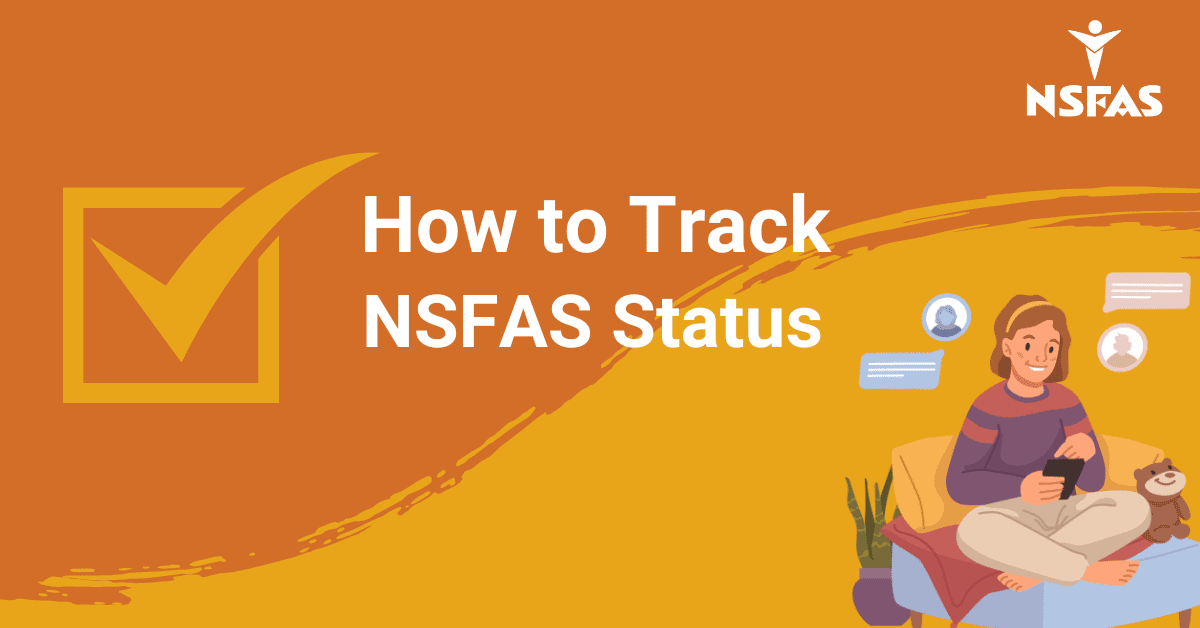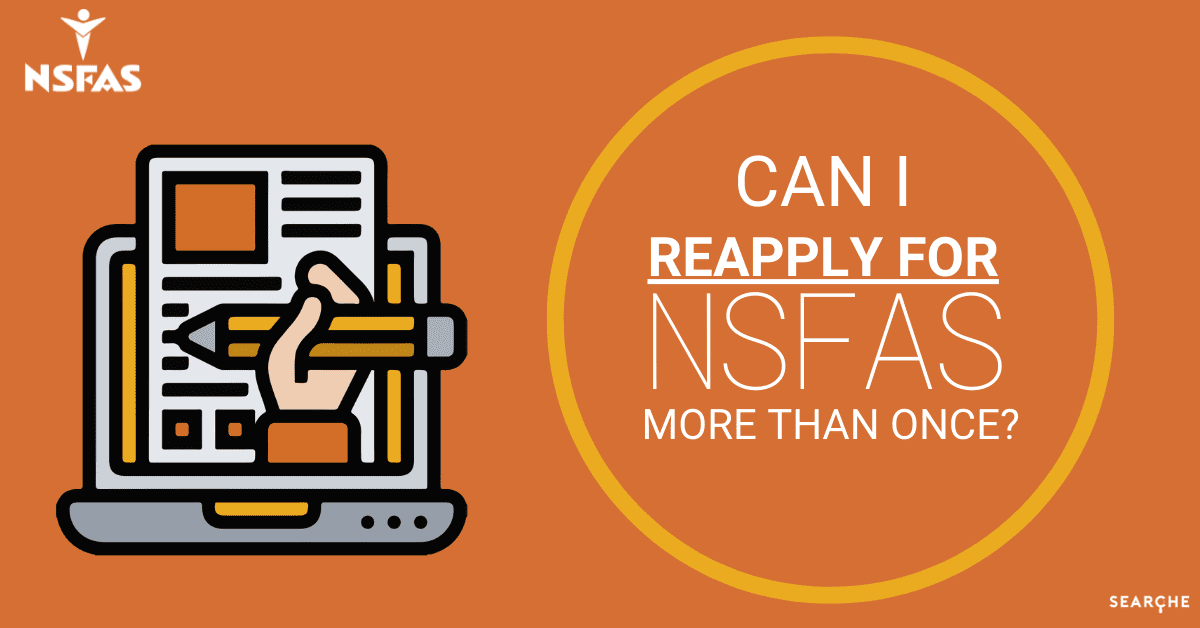A significant proportion of NSFAS applications end up being unsuccessful for various reasons. In this article, we will be looking at one of such reasons: the ‘NSFAS Exceeded N+ Rule Enrollment.’
What Does NSFAS Exceeded N+ Rule Enrollment Means?
The financial support is provided through allowances which cover tuition, registration fees, accommodation, travel, personal maintenance, study materials, and incidental allowances. However, the extent of this support is typically restricted to a specified duration of the term. This is spelt out through the N+ Rule.
The N+ Rule stipulates the minimum and maximum time limit during which students are expected to complete their study program. It also specifies the duration for which support provided through NSFAS is expected to last. Students who exceed the time restrictions stipulated by the N+ Rule have their funding applications declined and are usually shown the ‘NSFAS Exceeded N+ Rule Enrollment’ message. By way of elaborating on the N+2 Rule, NSFAS has explained the message in the following terms:
‘When NSFAS states the reason for your unsuccessful funding application as: ‘you have exceeded the N+2 rule, this means that you have been studying longer than the minimum allocated time for your (sic) as well as the extra two years you have been given to complete your qualification’.
This message usually indicates a candidate’s ineligibility for support from the NSFAS.
Can you appeal for NSFAS if you exceeded N+ Rule?
The National Student Financial Aid Scheme, NSFAS, allows students whose funding applications have been rejected due to the application of the N+ Rule to appeal. The appeal process involves a series of simple steps. To appeal, all one has to do is to follow the under-listed steps simply:
- Step 1: Sign in to the MyNSFAS account
- Step Two: Select the ‘Track Funding Progress’ option in the subsequent interface
- Step Three: Click on the ‘Submit Appeal’ tab
- Step Four: On the ‘Application Appeal’ page that opens subsequently, select the reason for the appeal
- Step Five: Upload supporting documentation
- Step Six: Click ‘Submit Appeal’
As can be discerned, the appeal process is purely a digital process that can be performed using a smartphone, tablet, or laptop.
What does the N 1 NSFAS rule mean?
As a variant of the N+ Rule, the N+1 Rule spells out the duration of access students have to fund from the scheme while enrolled for studies. According to the stipulations of the N+1 Rule, students are expected to exhaust no more than N+1 years to complete studies for a degree qualification to enjoy continued funding from the NSFAS.
The ‘N’ stands for the least number of years (minimum period) statutorily specified as required for students to complete their study programs. The ‘+1’ suffix represents the additional years a student can use (the maximum period). For instance, if you enrolled in a four-year degree program at a university, you will be allowed to complete it within five years (an extra year) without losing funding from the NSFAS.
Students who exceed the time specifications prescribed under the Rule are thus bound to expect rejections of applications by the NSFAS. However, as the NSFAS has pointed out, the rules like the N+1 and N+2 Rule must not be understood as determined by the length of time a student has received financial support from the scheme.
As per the words of the NSFAS, such rules are “… not based on the number of years that a student has been funded, but on the number of years that student has been registered for tertiary study at any public university in South Africa, regardless of institution change”.
Can I appeal for the N 2 rule?
Students whose applications have been rejected by the National Financial Aid Scheme (NSFAS) based on the N+ 2 rule can appeal.
Who is affected by N 1 rule?
As clarified by the NSFAS, the N+1 Rule refers to the years a student has been registered for tertiary study at any South African public university. According to Dr. Blade Nzimande- the Minister of Higher Education, Science, and Innovation- the Rule, in its application, covers first-time entering students who first registered before December 2017.


